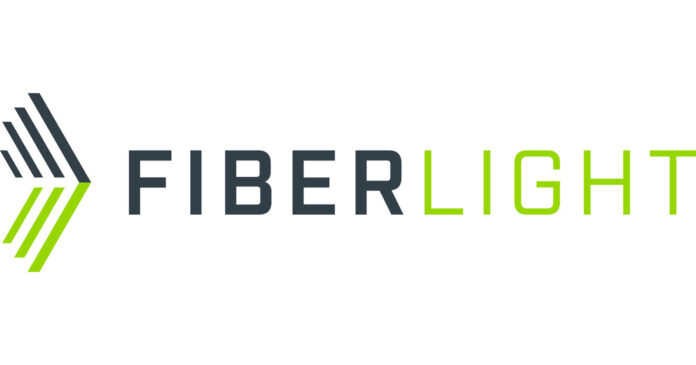The acquisition of Metro Fiber Networks will expand FiberLight’s existing footprint in Virginia by integrating MFN’s conduit and fiber infrastructure
FiberLight has entered into a definitive agreement to acquire Metro Fiber Networks (MFN), a regional fiber provider operating in Richmond and Virginia Beach, Virginia. The transaction is expected to close in the second quarter of 2025, pending regulatory approvals and customary closing conditions. Terms of the deal were not disclosed.
The acquisition will expand FiberLight’s existing footprint in Virginia by integrating MFN’s conduit and fiber infrastructure, which connects Richmond to the Virginia Beach cable landing station (CLS) — a key hub for transatlantic and Latin American subsea cables and a strategic gateway for global internet traffic.
“The acquisition of MFN is critical to our ability to service hyperscalers, support the data center migration south from Ashburn and meet the needs of other carriers, the U.S. government and public sector entities — such as schools — as well as enterprise businesses,” FiberLight CEO Bill Major further told RCR Wireless News.
He also placed the acquisition within the larger context of global fiber infrastructure: “Additionally, in February, Meta announced ‘Project Waterworld,’ a 31,000-mile fiber cable that will span the globe, highlighting the growing demand for global connectivity and the importance of strategic fiber infrastructure like ours,” he said.
MFN’s route, which crosses the York River and Hampton Harbor, provides a direct, low-latency path between Virginia Beach and Richmond. That corridor is an increasingly important zone for hyperscale data centers and government infrastructure, and MFN’s assets are expected to complement FiberLight’s existing network in Northern Virginia and the broader Mid-Atlantic region.
This growth comes as power availability becomes a growing constraint for data center development, particularly in Northern Virginia, where limited access to electricity and utility permits is slowing expansion. As operators look further south to build new campuses, access to existing fiber infrastructure is emerging as a competitive advantage. FiberLight says the MFN acquisition positions it to meet demand in areas with greater available power and land capacity — two critical factors as AI workloads drive energy-intensive infrastructure needs.
“Acquiring MFN accelerates our expansion south from Northern Virginia, where land, power and water are no longer readily available to support continued data center growth,” said Major. “With the AI boom, we’re seeing significant demand for unique routes, high-fiber-count cables, duct systems and hundreds of 400 GB waves. We know this demand will drive new data center construction in central and southern Virginia… Having the fiber and conduit where it’s needed is critical at this unique time for our business.”
According to the company, MFN’s infrastructure will support a variety of customers that require high-capacity, low-latency connectivity, including technology firms, telecom carriers and public sector institutions. The deal also continues a broader trend of fiber network consolidation aimed at supporting growing demand for broadband infrastructure in both dense and underserved areas, particularly in regions underserved by legacy providers.
FiberLight is owned by a consortium led by infrastructure investment firm Morrison, along with Australian Retirement Trust (ART) and a managed client of UBS Asset Management. The company said the MFN acquisition also lays the groundwork for potential expansion into markets such as Charlotte, Myrtle Beach and Atlanta — cities that are becoming increasingly relevant in the data center ecosystem.
FiberLight stated it plans to maintain service continuity for MFN’s existing customers during the transition.
For more from FiberLight, check out this episode of Well, technically… featuring Sue Kelly, Senior Vice President of Enterprise Sales, as she breaks down fiber’s critical — yet often overlooked — role in the 5G era, and what operators and enterprises really want from their fiber partners.

